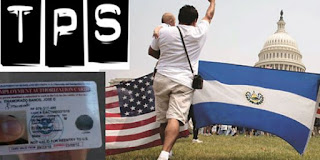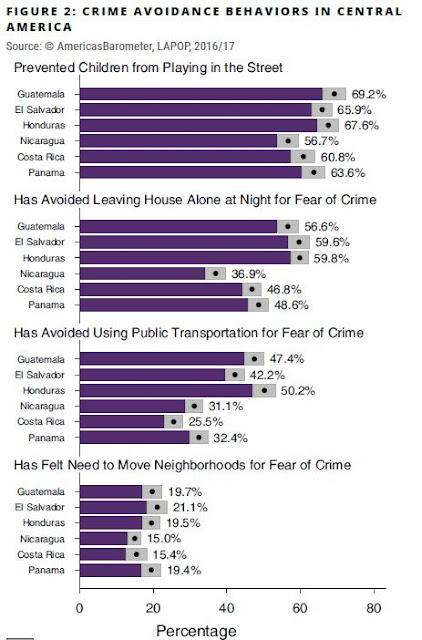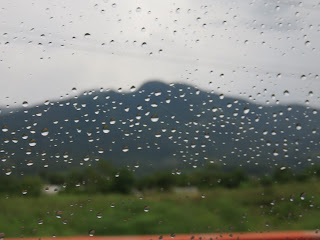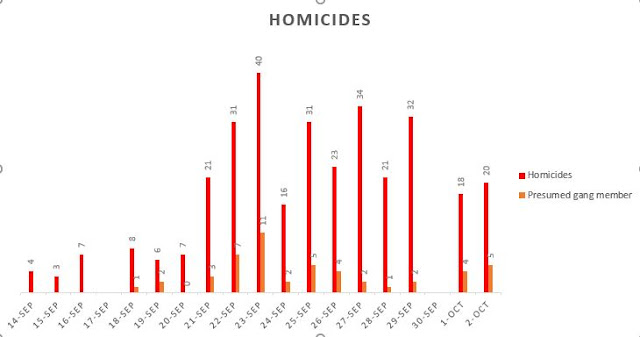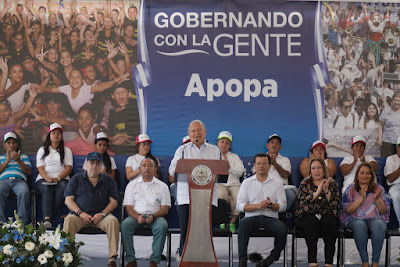The Protestant Reformation and El Salvador
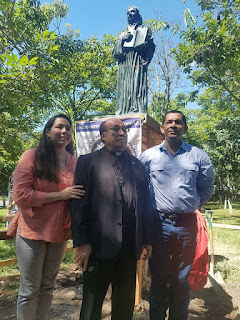
Today, October 31, 2017, is the 500th anniversary of the start of the Protestant Reformation when a German monk named Martin Luther nailed 95 theses to a church door in Germany. Today in El Salvador, protestants are continuing to make inroads on the dominance of the Roman Catholic church in the country. According to polling statistics published by La Prensa Grafica today, 45% of Salvadorans consider themselves Roman Catholic, 35% consider themselves protestant, 2% some other religion, and 17% profess no religion. This is a decline of 10 percentage points for the catholic faithful in the country since 2004. The Roman Catholic church is the only one officially recognized by the Constitution of El Salvador. Perhaps because of the growing numbers of protestants, there is now a proposal in the National Assembly to modify the constitution to recognize other denominations. Today close to the Salvadoran Lutheran University on the south side of San Salvador, a new...

